Principal Investigator
Clay Holroyd
.jpg)
I am a cognitive neuroscientist interested in the neural mechanisms that support cognitive control and decision making. Much of my career has focused on figuring out the function of anterior cingulate cortex, a poorly understood brain area that is involved in many cognitive tasks. My laboratory is presently funded by a European Research Council Advanced Grant to investigate the neurocognitive mechanisms of cognitive effort. This project applies control-theoretic principles to neural network models of cognitive phenomena, which we then test in humans using a combination of electroencephalography, magnetoencephalography, and functional magnetic resonance imaging techniques.
PostDocs
Federico Cassioli
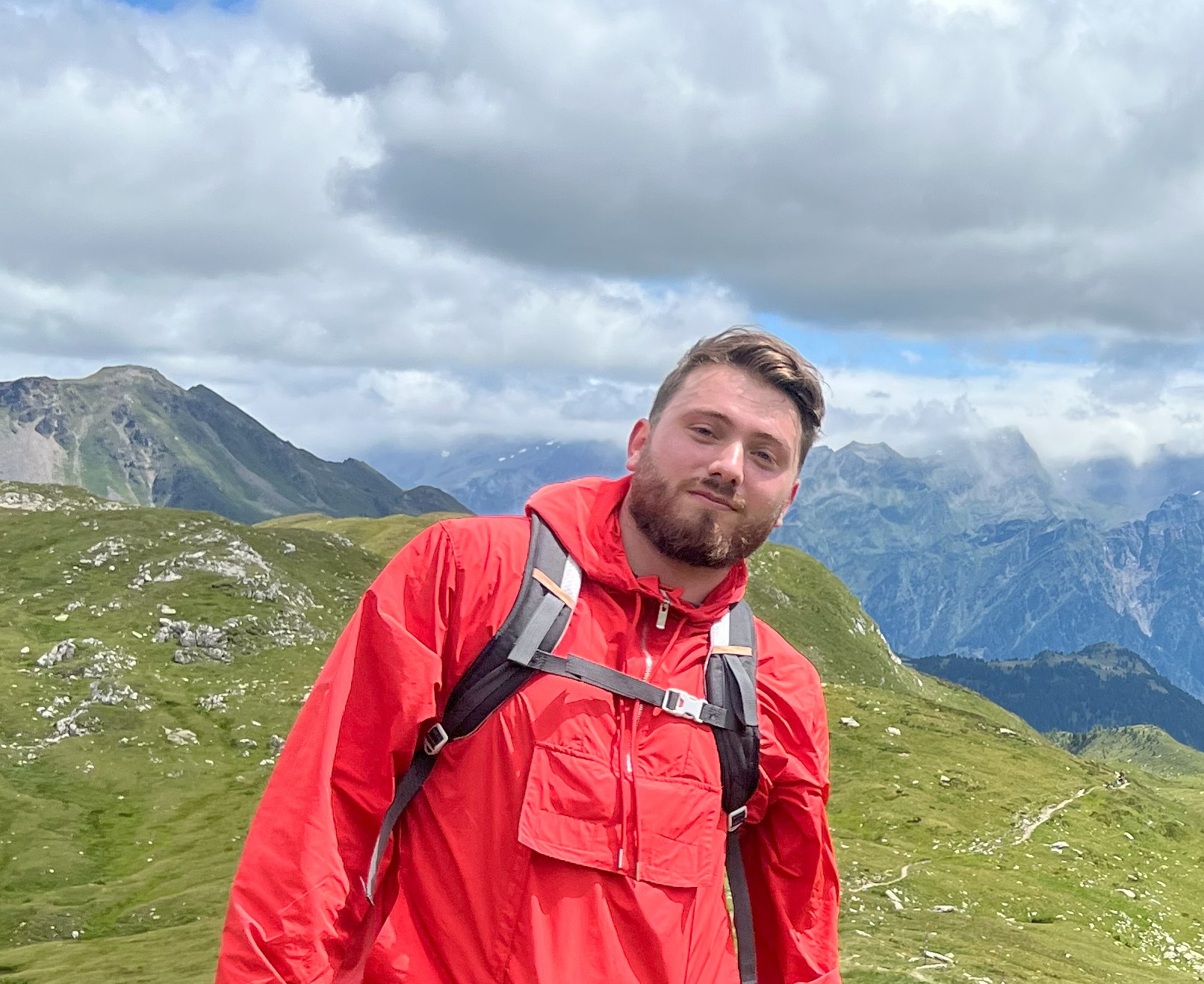
I hold a PhD and a master’s degree in psychology from Università Cattolica del Sacro Cuore (Milan, Italy), where I employed EEG in multi-participant designs to study social interactions. I was previously a postdoc at UMons (Belgium) within an FWO-FNRS Excellence of Science (EOS) project on familial resilience, where I focused on the reliable measurement of interbrain synchrony (IBS) through EEG connectivity analysis and circular statistics. In 2025, I was awarded a Special Research Fund (BOF) postdoctoral fellowship at UGent within the LCCL lab, supervised by Clay B. Holroyd and co-supervised by Rudi De Raedt (PANLAB, UGent), to further investigate IBS as a mechanism of social interaction from both a computational and electrophysiological perspective. Computationally, our goal is to explore the basic mechanisms of synchronization that could generate IBS while accounting for biophysical constraints. Empirically, we aim to test IBS using socio-behavioral experiments combined with EEG recordings.
Tahereh Gholaminejad
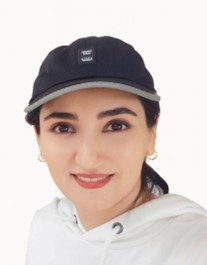
I studied Electrical Engineering with a focus on control systems at K. N. Toosi University of Technology in Tehran, Iran.
My doctoral research focused on Koopman-based predictive control for solar thermal systems, integrating nonlinear dynamical systems
theory with machine-learning methods for data-driven modeling and control. Alongside academic research, I have extensive experience
translating theory into industrial practice. I have developed control diagnostics and optimization tools for combined-cycle power plants
and redesigned supervisory control loops for heat recovery steam generator (HRSG) systems.
My research interests span advanced control systems theory, as well as machine learning and deep learning applications. I have worked extensively
on energy systems such as solar thermal plants and combined-cycle power plant control and optimization, and software development. More recently, my
work has expanded to brain modeling and cognitive control, where I am applying control-theoretic and machine-learning approaches to understand neural
dynamics and cognition. In the LCC Lab at Ghent University, my research focuses on the study and application of linear control theory to artificial
neural network simulations of neural dynamics and cognitive effort.
Paul Müller
I hold a Master's degree in Physics and obtained my PhD in Complex Systems from the University of Oldenburg while working at Charité University Medicine
Berlin in the Computational Neurology lab. I am interested in understanding how cortical states and dynamics relate to cognitive function. In particular, I
find the idea that our brain operates at a critical state —a transition point between, for example, order and chaos that enables flexible information
processing—intriguing. During my PhD, I investigated this in patients with epilepsy using intracranial EEG, behavioral data, and neuronal network models.
I found that deviations from this critical state are related to cognitive impairments, and that factors such as antiseizure medication, sleep, and epileptic
activity also impact criticality.
As a PostDoc in the LCC lab, I will extend my research to investigate how cognitive effort and control influence cortical states. Through systems analysis and
control theory, I will explore the Controllosphere hypothesis and potential relationships between cognitive effort and brain criticality.
Xiaochen Zhao
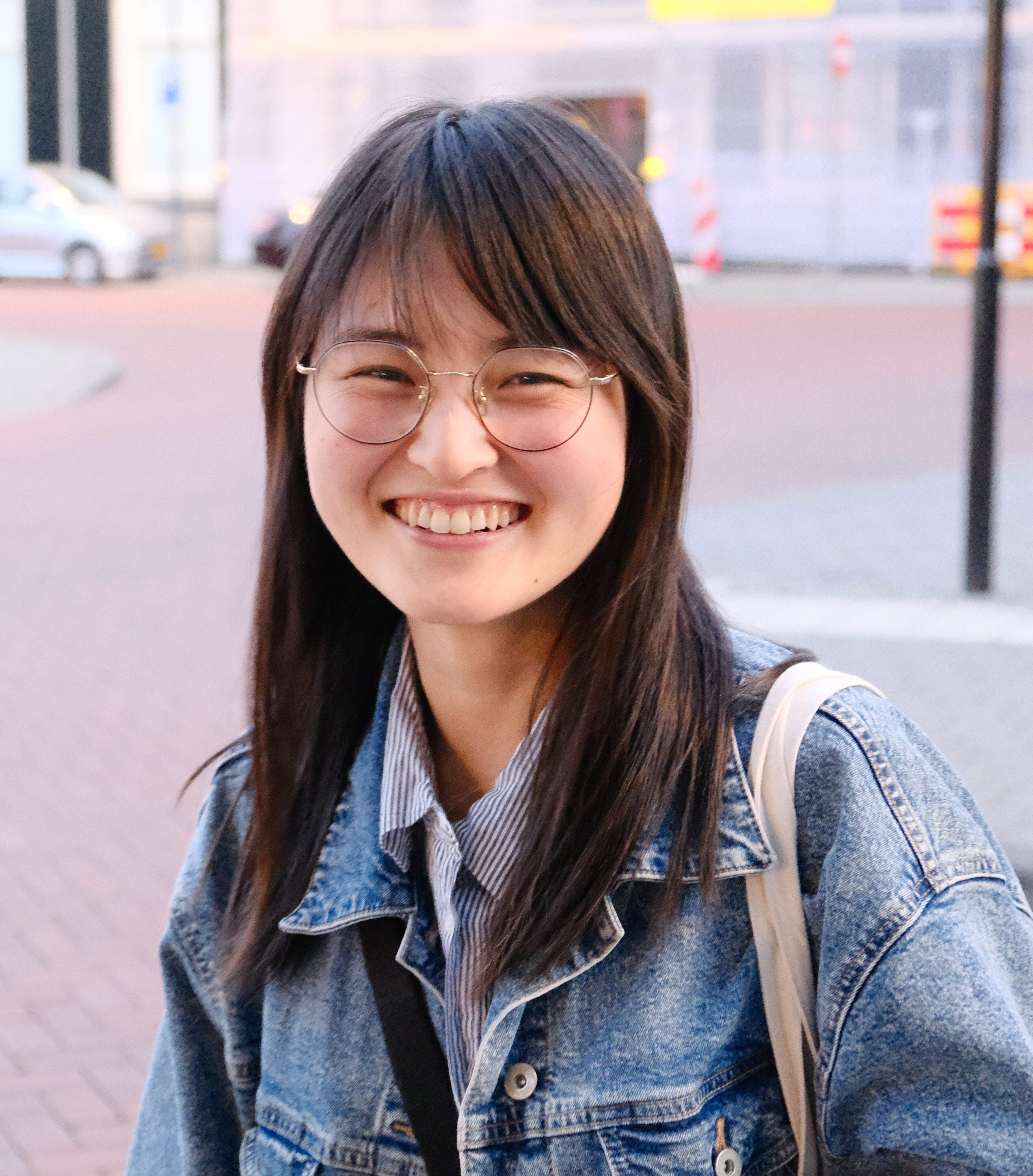
I am a computational neuroscientist interested in the neural mechanisms of cognitive flexibility. During my Ph.D. studies with Prof. Paul Tiesinga and Prof. Thilo
Womelsdorf at the Donders Institute for Brain, Cognition, and Behavior in the Netherlands, I used latent neural dynamics analysis, reinforcement learning, and neural
network models to study how our brain enables us to adapt to changing environments—for example, how we can flexibly adjust our weekend plans when it suddenly starts raining.
Although many subregions in the prefrontal cortex are known to be involved in this process, we still lack a unified theory and do not fully understand the underlying neural
dynamics and computational principles.
As a postdoc in the LCC lab, I am excited to extend this topic by training recurrent neural networks to reconstruct the underlying dynamics
of cognitive tasks involving cognitive effort.
PhD Students
Ricardo Alejandro
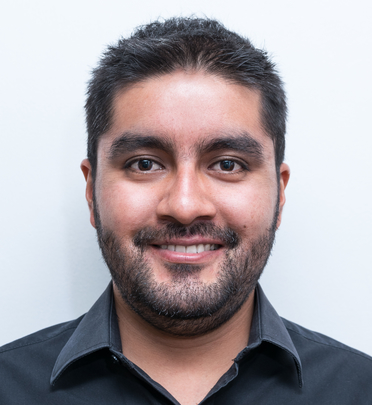
I studied Electronics and Telecommunications Engineering at Universidad Técnica Particular de Loja (UTPL) in Ecuador, and Biomedical Engineering (MSc) at University of Lübeck and University of Applied Sciences Lübeck, in Germany. I joined the LCC Lab in 2020 as a PhD student, and I work in Decision Making, Reward, and Cognitive Control. My interests also include Reinforcement Learning, Memory, Contextual Learning, and Music Reward. My current research focuses on how the Anterior Cingulate Cortex (ACC) regulates shifts between strategies during foraging behavior (exploring vs exploiting), for that we use computational models to implement our hypothesis and then test these models against fMRI experiments in human subjects.
Emmanouela Foinikianiki

I have completed my bachelor in Biology at University of Crete in Greece and my master
in behavioral biology at Wageningen University in The Netherlands. My interest in
cognitive neuroscience started with working on stress during my master thesis at the
Donder Institute for Brain, Cognition & Behavior in Nijmegen. Then, I joined Prof. Erno
Herman’s group to investigate, under the supervision of Dr. Vassena Eliana, the effects
of acute stress on decision making and motivation with functional neuroimaging.
My main research interest lies on decision making, cognitive control and reinforcement
learning. Here, at Ghent University, in the LCCL lab, I am part of a team aiming to
develop and test a new formal, unified theory of ACC function. I will mainly focus on
the investigation of the effects of reward on the ACC patterns of activity during
sequential behavioral paradigms using functional neuroimaging (fMRI).
Sven Wientjes
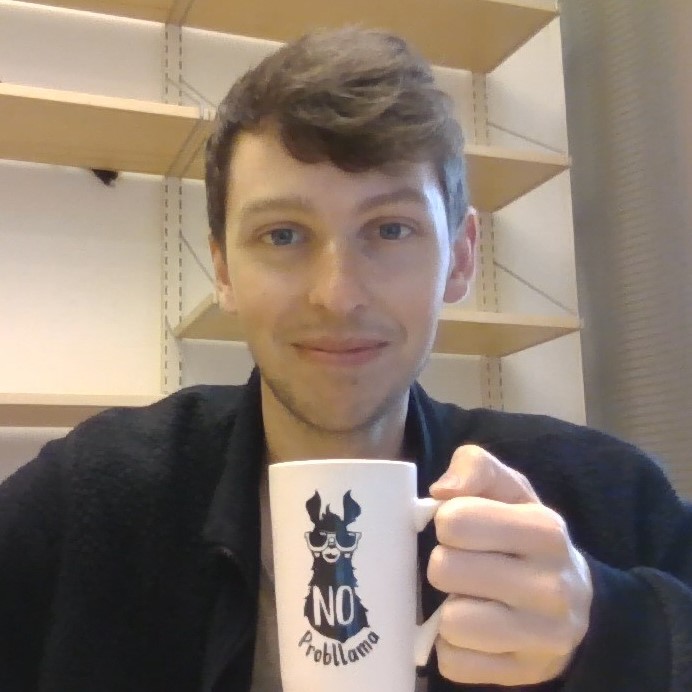
I have a Bachelor degree in Psychology from the University of Groningen, and a Master degree in Cognitive Neuroscience from the University of Amsterdam. During my theses, I have mainly focused on computational and statistical modeling, specifically linking computational models of cognition and behaviour to both EEG and fMRI data. In the LCC lab, I aim to investigate how humans can learn and leverage hierarchical structure behaviourally, and what neural signatures we can find of such hierarchies. Specifically, we believe the ACC might attribute obtained rewards to learned hierarchical representations, which can be reflected in the EEG as a 'Reward Positivity' locked to temporally abstracted events. We also believe the ACC might hold distributed representations of plans, strategies, and (sub)goals that imply the presence of hierarchy, which we hope to identify with fMRI and RSA.
Yang Yang

I am a PhD student in the LCC Lab, which I joined in 2022 after completing my master’s degree in Basic Psychology at South China Normal University. My research focuses on how cognitive fatigue influences cognitive effort-based decision making at both behavioral and neural levels. I use behavioral experiments, computational modeling, and EEG to explore these processes. I am also interested in how individual traits, such as depressive symptoms, may be related.
Jiayuan Zhang
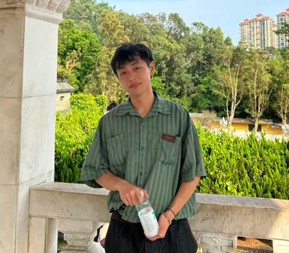
I obtained my Master's degree in Applied Psychology from Southern Medical University, where my research primarily focused on using fMRI and ¹H-MRS to investigate the mechanisms of cognitive control in populations with psychiatric disorders or subclinical conditions. I joined the LCC lab in 2025 and am currently focusing on the neural mechanisms of the ACC during cognitive effort-based(especially in fatigue) in decision-making and its associated neurotransmitters.
Alumni
- Olav Krigolson: Was a PhD student (Interdisciplinary: Psychology and Kinesiology); last seen as a Professor in the Department of Education at the University of Victoria .
- Jeff Cockburn: Was a Masters student (Interdisciplinary: Psychology and Computer Science); last seen as an Assistant Professor at the University of Iowa .
- Peng Li: Was a visiting PhD student (Psychology); last seen as a professor at Shenzhen University .
- Travis Baker: Was a PhD student (Psychology); last seen as an Associate Professor at Rutgers University .
- Chris Warren: Was a PhD student (Psychology); last seen as an Associate Professor in the Department of Psychology at the University of Utah .
- Azadeh HajiHosseini: Was a PhD student (Psychology); last seen as a Senior Data Scientist at Scribd .
- Akina Umemoto: Was a PhD student (Psychology); last seen as an Assistant Professor in the Department of Psychology at Montclair State University .
- Jose Ribas-Fernandes: Was a post-doctoral fellow (Psychology); last seen as a Technical Specialist at Canada Energy.
- Carmen Bodkyn: Was a PhD student (Psychology); last seen as an Assistant Professor at the University of Manitoba and as a neuropsychologist for the Winnipeg Jets (NHL) hockey team .
- Danesh Shahnazian: Was a PhD student (Psychology); last seen as a Senior Economist in the Ministry of Health of British Columbia, Canada.
- Taryn Berman: Was a Masters student (Interdisciplinary); last seen as a Harvard Medical School Research Fellow at Massachusetts General Hospital.
- Cameron Hassall: Was a PhD student (Interdisciplinary); last seen as a an Assistant Professor in the Department of Psychology at MacEwan University .
- Sepideh Heydari: Was a PhD student (Psychology); last seen as a Research Scientist at the Vancouver Island Health Authority.
- Joyce Oerlemans: Was a PhD student (Interdisciplinary: Psychology and Neurology); last seen as a Neurologist at Ghent University Hospital.
- Mengqiao Chai: Was a PhD student (Experimental Psychology); last seen as a Visiting Researcher at imec-mict-UGent.
- Iris Ikink: Was a post-doctoral fellow (Cognitive Neuroscience); last seen as a statistical consultant at Scope Data & AI.
- Thomas Colin: Was a post-doctoral fellow (Cognitive Neuroscience); last seen as a Machine Learning and Cognitive Control Specialist .